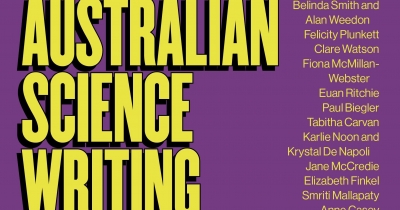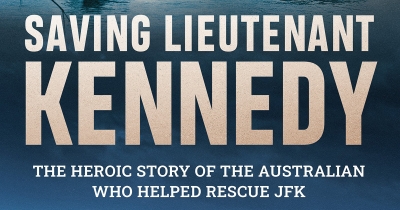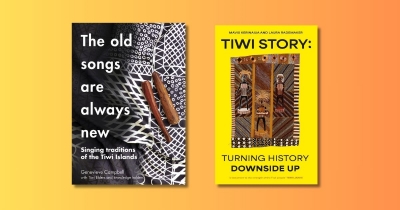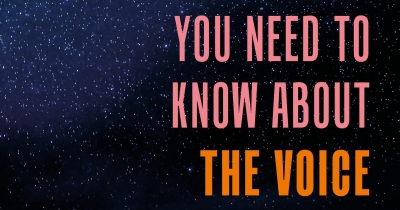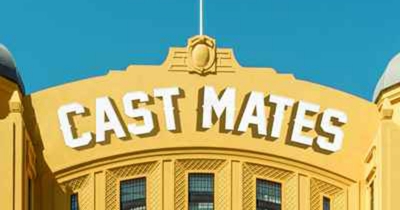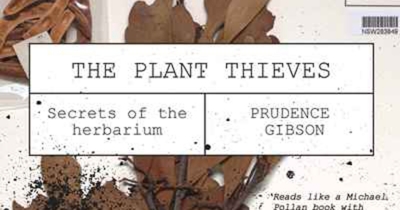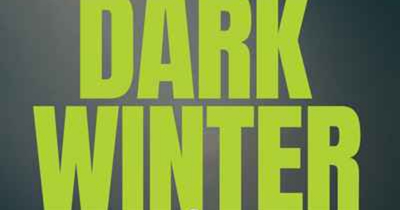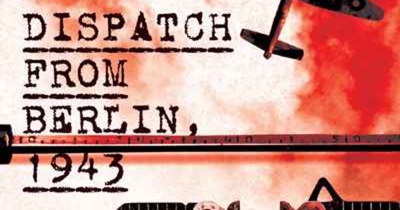NewSouth
The Best Australian Science Writing 2023 edited by Donna Lu
by Robyn Arianrhod •
Saving Lieutenant Kennedy: The heroic story of the Australian who helped rescue JFK by Brett Mason
by Nick Hordern •
Tiwi Story by Mavis Kerinaiua and Laura Rademaker & The Old Songs Are Always New by Genevieve Campbell with Tiwi Elders and knowledge holders
by John J. Bradley •
Everything You Need to Know About the Voice by Megan Davis and George Williams
by Bronwyn Fredericks •
Cast Mates: Australian actors in Hollywood and at home by Sam Twyford-Moore
by Jordan Prosser •
The Plant Thieves: Secrets of the herbarium by Prudence Gibson
by Danielle Clode •
Dark Winter: An insider’s guide to pandemics and biosecurity by Raina MacIntyre
by Ben Brooker •
Dispatch from Berlin, 1943: The story of five journalists who risked everything by Anthony Cooper, with Thorsten Perl
by Joan Beaumont •
Women and Whitlam: Revisiting the revolution edited by Michelle Arrow
by Marilyn Lake •

